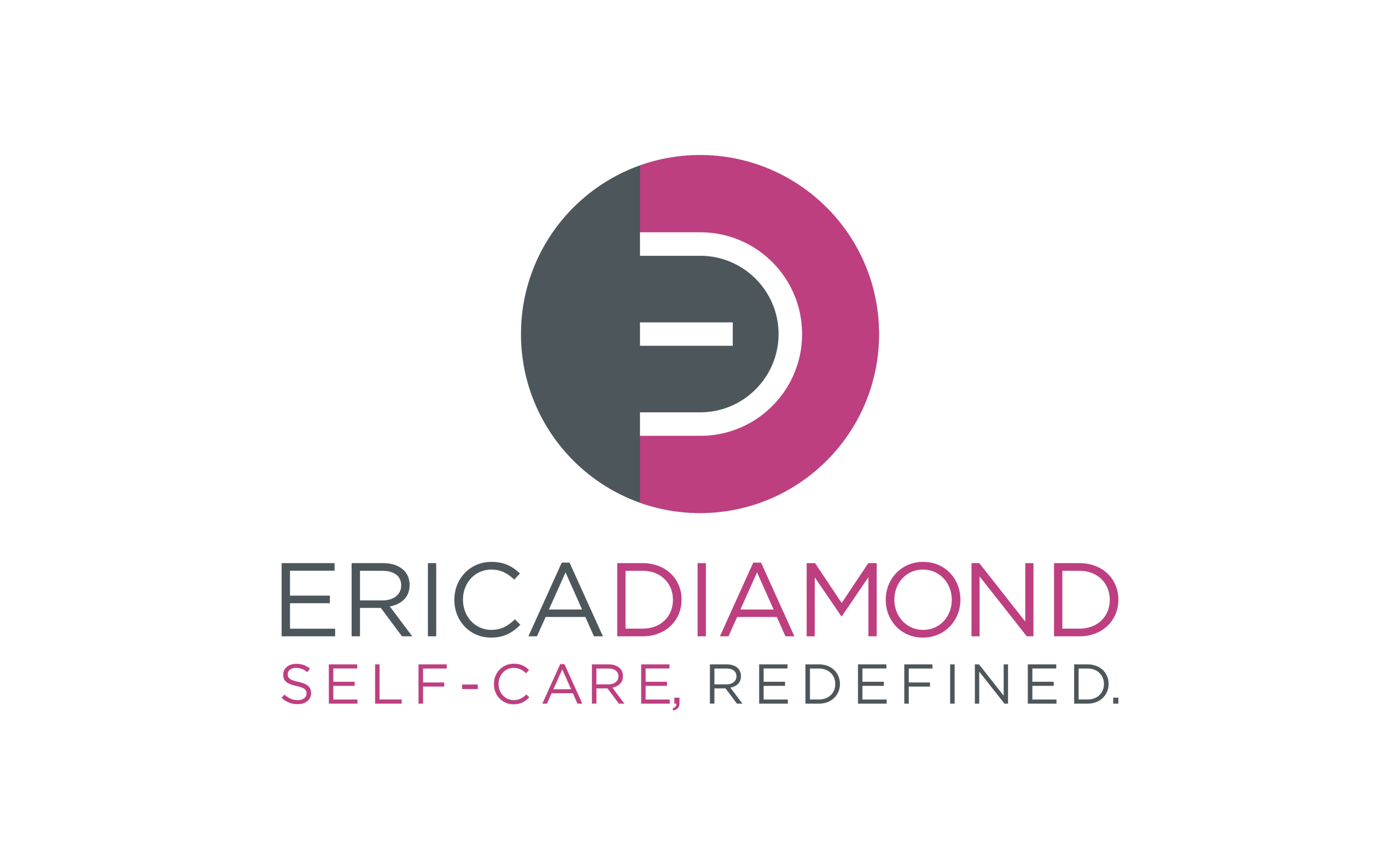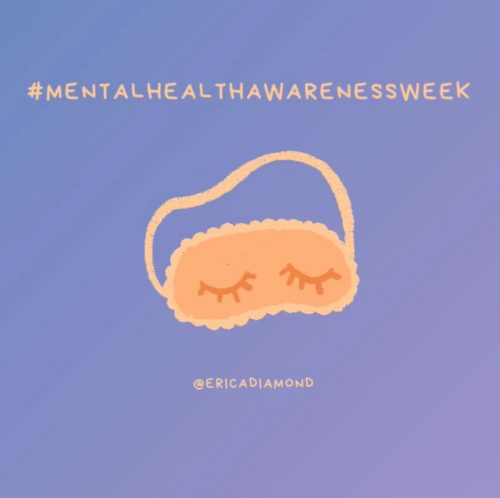In honor of #MentalHealthAwarenessWeek, I am sharing a tip a day. Today’s tip to boost wellness is the very underrated… SLEEP.
Most healthy adults need between 7 to 9 hours of sleep per night to function at their best. Children and teens need even more. And despite the notion that our sleep needs decrease with age, most older people still need at least 7 hours of sleep.
Trouble sleeping? You’re not alone.
- An estimated 3.3 million Canadians aged 15 or older, or about one in every seven, have problems going to sleep or staying asleep, and thus are considered to have insomnia, according to a study in Health Reports.
- 18% of those defined as insomniacs reported 5 hours or less sleep every night.
- 29% of these sleepless people took some kind of medication for it over the preceding 12 months.
- Link correlated between obesity and insomnia has been found.
Via Stats Canada
Sleep disorders and chronic sleep loss can put you at risk for:
- Heart disease
- Heart attack
- Heart failure
- Irregular heartbeat
- High blood pressure
- Stroke
- Diabetes
- Depression
- Ages Your Skin
- Increased Weight Gain
- Decreased Sex Drive
- Forgetfulness
Via Web MD
So, what can we do to get more shut eye, especially during these stressful times we are living through.
Practice meditation
Meditation offers a mind calming practice that can reduce fatigue, anxiety, and depression. With meditation, you focus on the present moment to promote a relaxation response and relieve anxiety that can make sleeping difficult. Consider progressive muscle relaxation, mindful breathing, counting meditation, or guided meditation to relax and get a good night’s sleep.
Create a healthy sleep environment
Your bedroom should be an environment designed for sleep. Bedrooms should ideally be cool, dark, and quiet. Remove clutter from your bedroom, consider scents or aromatherapy that can offer a more calming environment. Maintain a temperature of about 65 degrees Fahrenheit. Make sure your room is kept dark and quiet, using blackout curtains and a white noise machine if necessary.
Have a sleep routine
I know it’s harder during these times. But what you do before bed each night matters. With a healthy bedtime routine, you’ll go through the same few steps before bed each night, signaling to your brain that it’s time to settle down and rest. It can be as simple as brushing your teeth and reading a few pages of a book before turning out the light. Go to bed and get up at roughly the same time everyday… if this means a dreaded alarm clock has to come into play, then so be it.
Write out your ‘to do’ list
Sometimes at night our mind races thinking of our problems, worries and things we need to do. Before you hit the hay, write out a ‘to do’ list and talk through any issues that are bothering you.
Exercise promotes deep, restful sleep, and helps discharge the day’s stress that can keep us awake at night.
Stay moving each day for a minimum of 25 minutes. If you can manage even a BRISK walk at lunch or after dinner, this aids in a more restful sleep.
My favorite sleep trick revealed
If you can’t sleep, DO NOT WATCH THE CLOCK– A good family friend told me this 10 years ago. If I happen to wake, I NEVER look to see what time it is. That’s because, if it’s 4:30am, I simply will not return to sleep. I’ll think “hey, I only have 90 minutes left of sleep, what’s the point of returning.” When in reality, those 90 minutes are crucial. Every extra ounce of sleep counts.
Unplug a minimum of two hours before bed during COVID-19
I normally recommend an hour, but during these times, two.
Happy #WellnessWednesday. Wishing you lots of shut eye. How are you sleeping these days?





